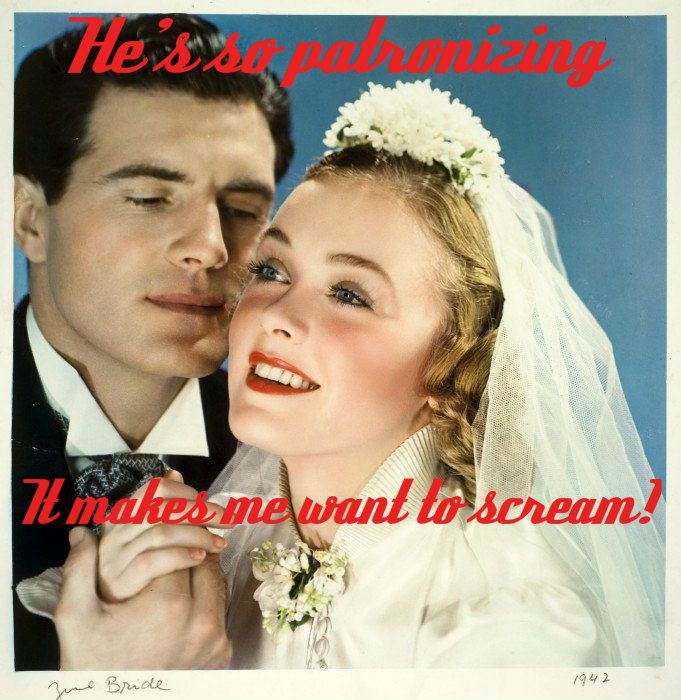I'm not trying to ruffle any feathers here - and I don't particularly use this term either. Just curious. Seems to me that trade publishing is the traditional way (at least for the last century or two) so it's pretty accurate, no?
You might want to cast your eye over the
Guidelines for this area; they make the issue clear, I think.
I've got this on my list of things to write up as an FAQ. I'm going to answer this here, briefly, in a couple of ways.
* It it often
meant to be offensive; the context in which it is offensive typically includes words and phrases like "hide-bound", "dinosaur" etc. and it implies that the person or persons being referred to are out of step, incompetent, and out of touch with reality, as well as hopelessly old-fashioned.
* The phrase "traditional publishing" first gained considerable notoriety because it was used by the fake publisher PublishAmerica; the immediate connection to PublishAmerica's terminology implies that being referred to as a "traditional publisher" or "traditionally published" is another way of saying "you are a fake author/publisher."
* Traditionally published and traditional publisher are frequently used by zealots on either side of the transom; those who are self-publishing and think any other route is only used by incompetents who want to lose money, or those who are commercially / trade published, who have a stick up their butts and think that all self-published books are inferior. Both are false.
* It is, at the level of literal interpretation, silly. Publishing encompasses roughly 3000 years of traditions.
Publishing, that is the organized reproduction and distribution of written texts, goes back at least to the creation of the various Sumerian tablets, whether they were containing Gilgamesh, or accounting records. There were professionals engaged in creating copies of texts, mass producing them, and distributing them. This kind of organized, skilled, and very technologically astute publication continued, right through, from clay tablets, to papyrus scrolls, to paper (in Asia), to vellum/parchment, and then to the creation of the codex book, that is a bound roughly rectangular collection of texts/images, divided into fascilcles and pages c. 100 C.E., first on vellum/parchment, and then, on paper, and then, on paper mechanically printed using "cold type" à la Gutenberg, to various innovations in printing during the 19th and 20th centuries, none of which are really that big, to the creation of digital books in c. 1988/89. Traditionally publishing doesn't
mean anything. What tradition?
* The phrases "traditional publisher," and "traditionally published" consequently identify the user as an amateur, someone who is not cognizant of what it means to be published, how books are made, how they distributed, and how they are sold or what it is publishers do.
"Traditional publisher" doesn't really tell you anything about the publisher, in terms of the way books (printed or digital) are made and sold. Academic publishing (textbooks etc. sold primarily to distributors and bookstores who sell to schools and universities ) is not the same as consumer or commercial or trade publishing (books sold by publishers primarily to" the trade" that is, bookstores, wholesalers or distributors). Trade publishing/consumer/commercial publishing isn't the same as scholarly publishing (books sold primarily to libraries at academic institutions, scholars, and graduate students, usually with small print runs, and very high prices, with no advances or royalties, most of the time) etc.
When I've self-published, I've been proud to say I self-published. When I've been published by small independent publishers who may not have the best distribution but really know their markets, I've been proud to be independently published. When my scholarship is published, I grit my teeth and wait . . . for however many years it takes for the book to be available. When I've been commercially/trade/consumer published, I've been happy about the advance and the passive income. It's all publishing, of one sort or another, but they all are very different. Traditional is just a catch-all piece of jargon, that is either not well-meant, or suggests ignorance.
I favor being clear about how I use language; I'd think most writers would.


